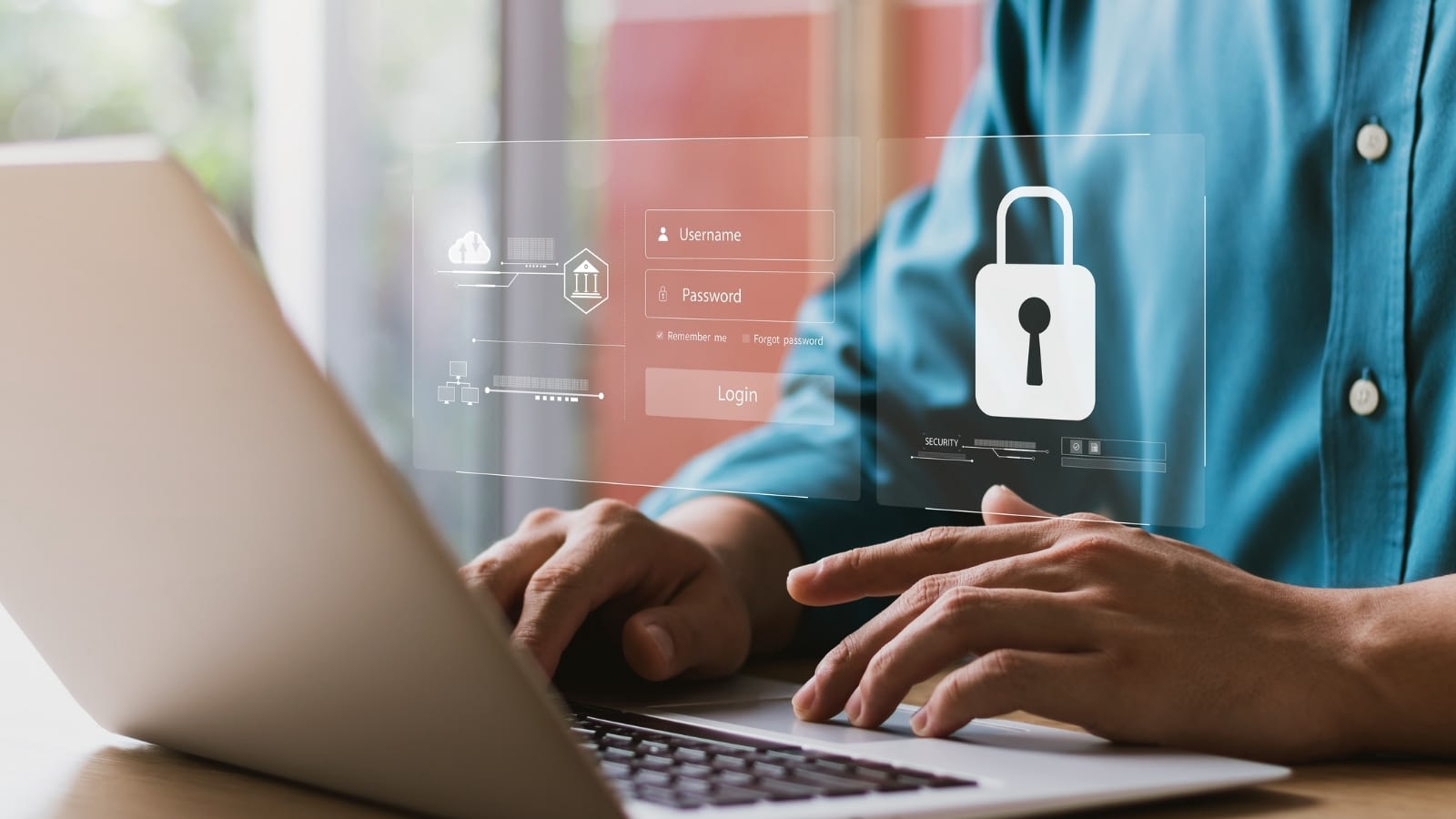
October is National Cyber Security Month, a time to focus on the rising threat of cyberattacks and hacking incidents. With the increasing prevalence of digital threats, businesses and individuals risk falling victim to hackers. If you discover you’ve been hacked, acting quickly to mitigate damage and secure your information is essential. This guide outlines the immediate steps to recover from a hack and prevent future incidents.
Assess the Situation
Once you’ve discovered a hack, the first step is to investigate the extent of the breach. Determine how the attack happened, which systems were compromised, and what data may have been exposed. If necessary, contact cybersecurity professionals who can assist in diagnosing the problem. At this stage, you must notify your legal team and insurance provider. Your business insurance may include cyber liability coverage, which can help offset the financial losses associated with a breach.
Outreach
Depending on the nature of the attack, you may need to disclose the incident to employees, customers, or other stakeholders. Transparency is critical when data has been compromised, as individuals affected by the breach must take steps to protect themselves. Inform them about the situation and provide guidance on what actions they should take, such as changing their passwords or monitoring their accounts for unusual activity.
Secure Your Accounts
Change Passwords Immediately
One of the first actions after being hacked is to change the passwords for all compromised accounts. Ensure that each password is strong, unique, and not easily guessed. Use a combination of uppercase and lowercase letters, numbers, and special characters to make it harder for hackers to gain access again. Consider using a password manager to help generate and store complex passwords securely.
Enable Two-Factor Authentication (2FA)
Adding an extra layer of security by enabling two-factor authentication (2FA) is an essential step in safeguarding your accounts. 2FA requires a second verification form, such as a code sent to your phone and your password. Doing so can significantly reduce the chances of unauthorized access, even if your password is compromised.
Review Account Activity
After securing your accounts, review recent activity to check for unauthorized access or suspicious transactions. Look for unfamiliar logins, changes in account settings, or unexpected charges. If you find any unauthorized actions, immediately report them to the relevant institutions, such as your bank or credit card company.
Assess the Damage
In the aftermath of a hack, it’s essential to identify the full extent of the damage. Determine what data was compromised and whether any sensitive information, such as financial or personal details, was exposed. Notify relevant parties, such as banks and credit card companies, if you believe your financial data was affected. Taking swift action can help minimize the long-term consequences of the breach.
Prevent Future Hacks
Once you’ve addressed the immediate crisis, focus on preventing future attacks. Start by updating all software, including operating systems and antivirus programs, to protect your devices against the latest threats. Educate yourself and your team on cybersecurity best practices, such as recognizing phishing emails and avoiding suspicious links or downloads.
Act Fast to Minimize the Damage from a Hack
A swift, organized response is necessary to minimize the damage caused by a hack. By assessing the situation, securing your accounts, and taking preventive measures, you can recover from the incident and reduce the likelihood of future attacks. If the breach is significant, consider seeking professional help from cybersecurity experts. In the meantime, our team is here for you. Give one of our local insurance agents a call today for more information on how cyber liability insurance can protect your business.
